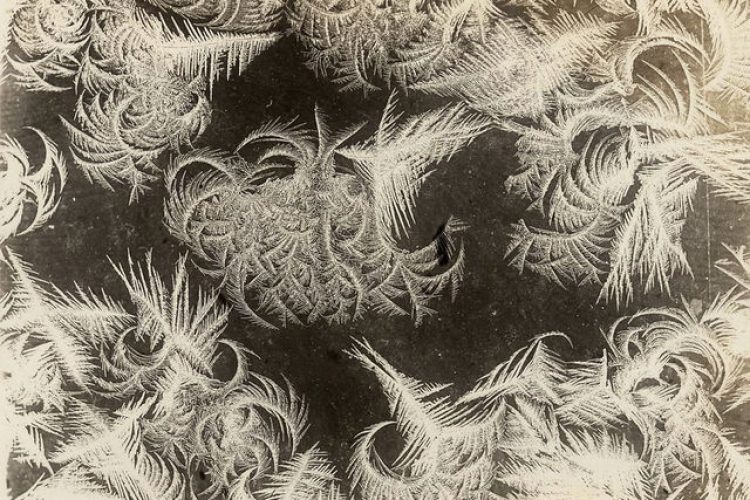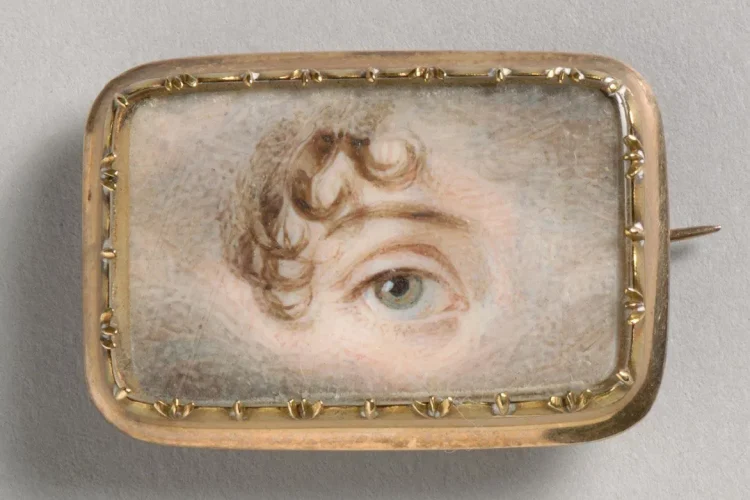L., USA
The election is over. I am left with a turbulent mixture of sadness, disappointment, bewilderment, and anger toward the people who voted for him.
I don’t understand how a man, so deranged, so cruel and vulgar can be voted into the highest office in our country.
L.
BK:
Dear L, you write: “I don’t understand.” That is perhaps the place to begin. Analyze your own bewilderment. I am trying to think of something on the shelves of this Poetry Pharmacy that could function as an antidote or balm, but I’m afraid there’s nothing like that in here, not even a band-aid or mouthwash. The only thing I can think of, as a way to think with vulgarity, about vulgarity, is a play I saw and read as a teenager, William Congreve’s The Way of the World. Shall we start a Restoration Drama Book Club? Your question makes me want to think more about vulgarity itself. Here’s a definition from an online etymology dictionary, for example: “Late 14c., “common, ordinary,” from Latin vulgaris, volgaris “of or pertaining to the common people, common, vulgar, low, mean,” from vulgus, volgus “the common people, multitude, crowd, throng.” A vulgar candidate is the people’s choice, in this formulation.
But, your question is in two parts. One concerns the quality of the person who will assume the highest office of the country you are living in, and the other concerns the population you are a part of, a mode of turbulence. No, it’s not possible to answer your question in this context. Instead, a phrase repeats. Analyze your own bewilderment. How will you do this? With whom?






